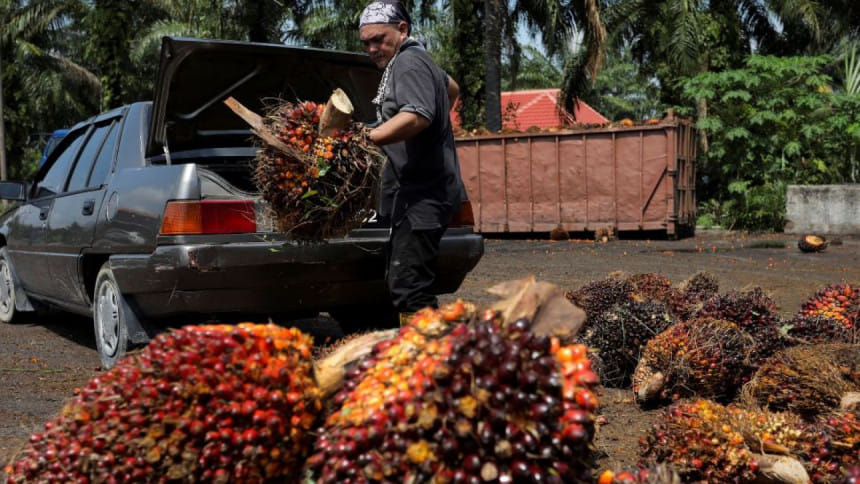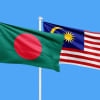Indonesia, Malaysia aim to fight 'discrimination' against palm oil

Indonesian President Joko Widodo on Thursday called for better collaboration with neighbouring Malaysia to fight what he called "discrimination" against their countries' palm oil products, as a new European Union law threatens to dent exports of the commodity.
The EU passed a law this year banning imports of commodities linked to deforestation, a move that is expected to hurt palm oil.
Indonesia and Malaysia are the world's top two producers and exporters of palm oil, a commodity used in everything from lipstick to pizza.
"We need to strengthen this collaboration. We don't want commodities produced by Malaysia and Indonesia to be discriminated against in other countries," Jokowi, as the Indonesian president is known, said in a press conference in Kuala Lumpur after meeting Malaysian Prime Minister Anwar Ibrahim.
In a joint statement, the two leaders vowed to cooperate closely to address the EU's "highly detrimental discriminatory measures against palm oil".
The EU needs to promptly work towards a fair and equitable resolution, they said in the statement.
Indonesia and Malaysia, which together account for about 85% of global palm oil exports, sent a joint mission to Brussels last week with senior government officials from both countries meeting with EU leaders to discuss the deforestation law.
Malaysia has called the law "unjust" and has said it is working with Indonesia to consider an appropriate response to the law.
Jokowi also said both countries have agreed to establish a framework on protecting migrant workers' rights.
Malaysia has faced a string of allegations in recent years over its treatment of migrant workers, the backbone of its manufacturing and service industries. Several Malaysian companies have been banned in the United States for using 'forced labour'.
Indonesia is the biggest source of foreign labour for Malaysia, with many Indonesians working in palm oil plantations.

 For all latest news, follow The Daily Star's Google News channel.
For all latest news, follow The Daily Star's Google News channel. 







Comments